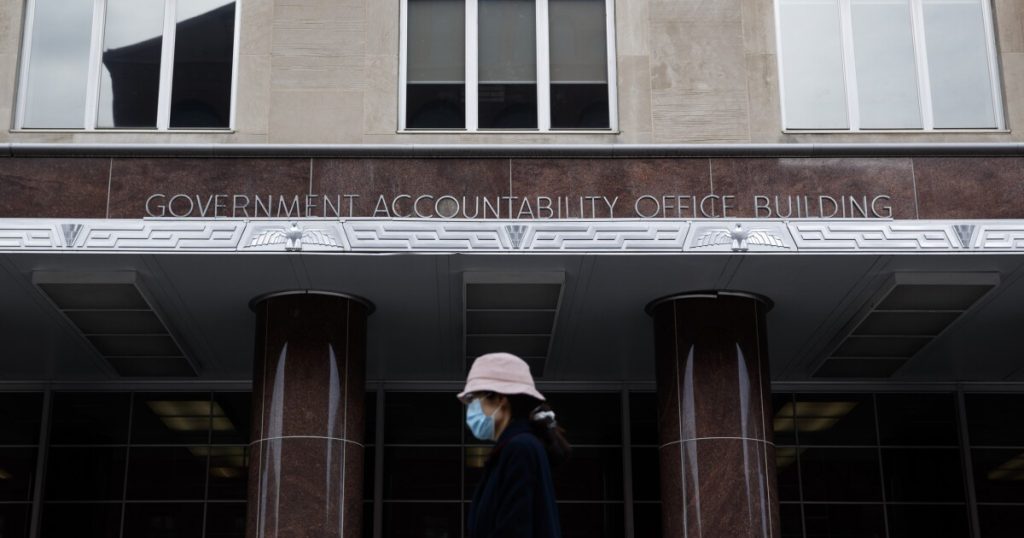Despite their failed implementation attempt, federal banking agencies took a careful and measured approach to developing international capital standards, according to a government watchdog.
The Government Accountability Office released
The report covers nearly a decade of activity from the completion of the Basel III accords in 2010 through the development of the risk weighting and modeling components — sometimes referred to as
The report makes only one reference to the 2023 rule proposal, which
Hill and Barr asked the GAO to explore three subjects in its probe: how the Basel committee organized the work to develop the standards; the information and analyses considered by U.S. agencies to inform their positions; and the priorities among those agencies for reforms as well as the actions taken to achieve those objectives.
The report did not offer any overarching conclusions or recommendations, but noted that the Fed, FDIC and OCC “throughout this process generally reflected best practices for interagency collaboration.”
This week’s release is a limited version of a sensitive report issued by the GAO in December, which included several categories of statements from officials with the Fed, OCC and FDIC that were deemed “controlled unclassified information.” These statements pertained to specific actions or positions taken on reforms in response to external inputs or analyses.
The three agencies, along with the Federal Reserve Bank of New York, represent U.S. interests on the Basel committee, which is composed of 45 member organizations — including central banks and other banking oversight entities — from 28 jurisdictions.
The GAO investigation included interviews with officials from all four agencies as well as the Basel committee secretariat, and reviewing numerous briefing notes, talking points, analyses and other sensitive documents. The office found that the U.S. prioritized bringing other Basel members up to U.S. bank regulatory standards and fixing outstanding issues with the international banking framework.
The report notes that U.S. officials played leading roles on not only the overall Basel committee, but also its policy development group and various other working groups and task forces that contributed to the creation of the endgame framework.
Auditors also noted that the agencies engaged the public and the banking sector in particular in various ways. Along with a general request for comment, some of the agencies met with industry leaders to discuss the implications of the potential policy changes.
According to the report, the Fed sought out meetings with executives from the five largest banks in the country to discuss the matter. The OCC, meanwhile, met with banks that reached out to the agency. The FDIC, on the other hand, directed banks and lobbying groups to submit comments through the public channel.
There were also five meetings between Basel officials and various stakeholders, including large U.S. banks, between 2014 and 2016.
The report determined that these inputs were all factored into the U.S. policy positions within the Basel committee.
Likewise, the GAO concluded that the agencies’ data collection and analysis methods were in line with leading practices laid out by the Office of Management and Budget.
The report presents no evidence of procedural shortcomings related to the development of the final components of the Basel III framework. Instead, it paints a picture of an orderly policy crafting exercise spanning several years and multiple presidential administrations. But the findings shed no light on how the international framework was incorporated into the proposed 2023 implementation.
The proposal would have increased capital requirements for all banks with at least $100 billion of assets, extending risk-based capital requirements currently reserved for global systemically important banks to large regional banks. The framework was a far cry from the “
Agency heads, including Fed

